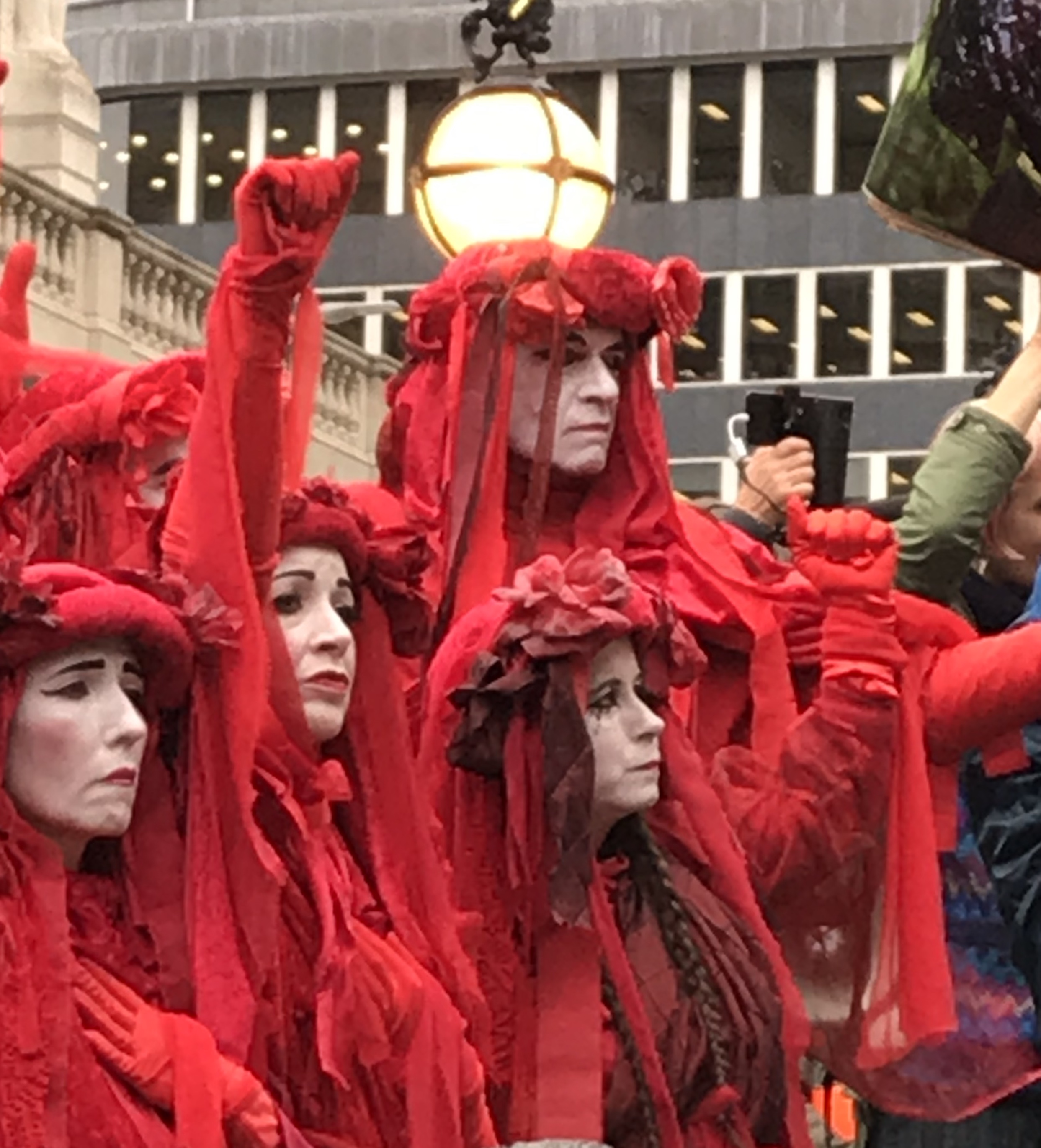The People have Spoken!
October 2020
 In September the UK’s first ever Peoples Assembly on Climate change published a ground breaking report. In response to pressure from Extinction Rebellion, six Parliamentary Select Committees joined together to set up the assembly. It included people from all walks of life, balanced in terms of age, gender, ethnicity, education, where they lived and their level of concern about climate change. It even included climate sceptics.
In September the UK’s first ever Peoples Assembly on Climate change published a ground breaking report. In response to pressure from Extinction Rebellion, six Parliamentary Select Committees joined together to set up the assembly. It included people from all walks of life, balanced in terms of age, gender, ethnicity, education, where they lived and their level of concern about climate change. It even included climate sceptics. Their task was to determine how the UK should meet its target of net zero greenhouse gas emissions by 2050. They discussed the topics with experts and each other before reaching their conclusions. You can read the full report on https://www.climateassembly.uk/report/
Their recommendations included a ban on the sale of new petrol and diesel cars by 2030–2035 while more quickly ending the sale of the most polluting vehicles, with grants enabling businesses and people to buy low carbon cars.
They wanted better public transport, with government investment in low carbon buses and trains, adding new bus routes, more frequent services and making public transport cheaper.
80% of assembly members ‘strongly agreed’ or ‘agreed’ that aviation taxes should increase as people fly more often and as they fly further with the airline industry required to invest in greenhouse gas removals.
In homes, they suggested a ban on sales of new gas boilers from 2030 or 2035 with reductions in VAT on energy efficiency and zero carbon heating products.
They wanted labelling food and drink products as well as other products and services providing information about the carbon emissions involved in each product, so that we can each take responsibility as consumers.
In agriculture they suggested the introduction of low carbon farming regulations, making farm subsidies conditional on low carbon practices and biodiversity, with farmers paid to use their land to absorb and store carbon by restoring peatland, planting trees and improving soil health.
Despite this achievement, the reputation of Extinction Rebellion, fluctuates. They were bitterly criticised for attacking the freedom of the press when they frustrated publication of the Sun and the Daily Mail for 12 hours on 5th September. with some politicians feeling that they should be regarded as a terrorist organisation.
I don’t agree with everything XR do, but I thought it was a pretty well targeted action.
Ever since reading Milton’s Areopagitica, I have regarded freedom of the press as being fundamentally about the freedom to ‘speak truth to power’. But what should you do when the press is owned by the powerful? There is an immediate conflict of interest and with powerful men, such as Rupert Murdoch, who is a climate change denier.
The majority of our media is amassed in the hands of five people with powerful vested interests and deep connections to fossil fuel industries, and all too often their freedom includes the freedom to print stories that bear little relationship to the truth. Milton’s argument was about freedom of the Truth. We are sometimes hard-pressed to find it!
The BBC Sounds podcast ‘How they made us Doubt Everything’ is well worth listening to!
